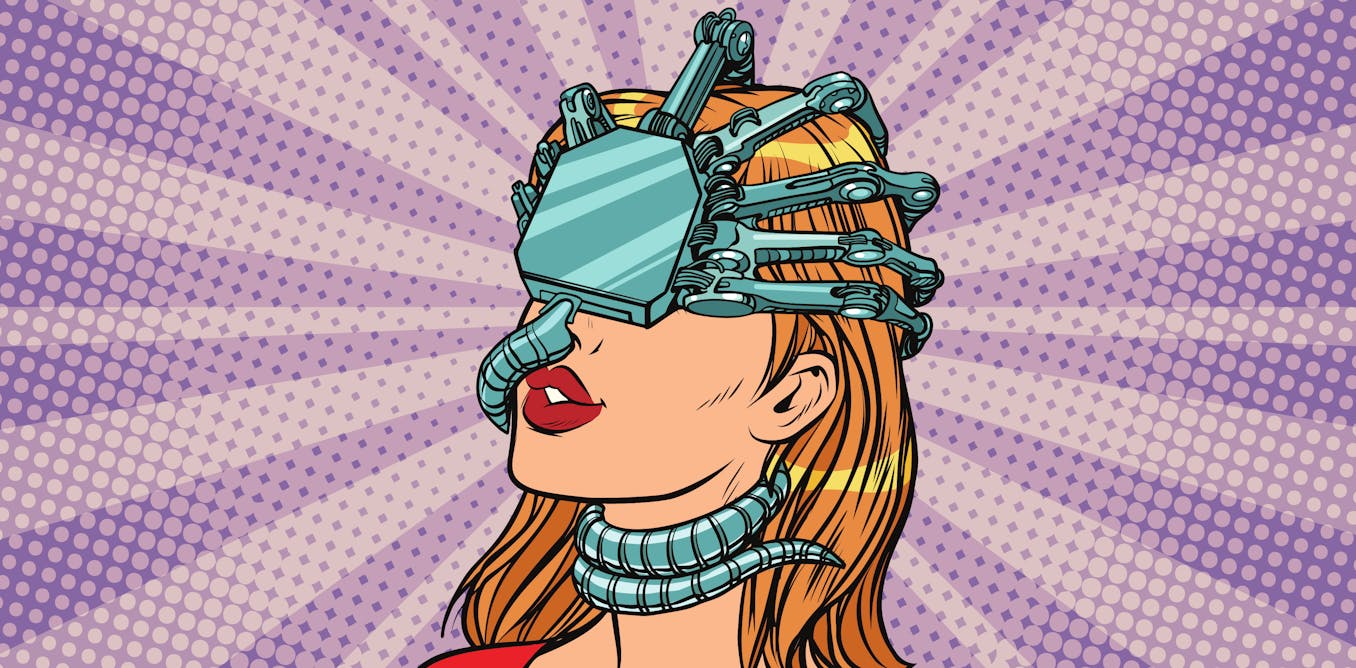- cross-posted to:
- technology@beehaw.org
- cross-posted to:
- technology@beehaw.org
Once upon a time, newly minted graduates dreamt of creating online social media that would bring people closer together.
That dream is now all but a distant memory. In 2024, there aren’t many ills social networks don’t stand accused of: the platforms are singled out for spreading “fake news”, for serving as Russian and Chinese vehicles to destabilise democracies, as well as for capturing our attention and selling it to shadowy merchants through micro targeting. The popular success of documentaries and essays on the allegedly huge social costs of social media illustrates this.
-
Studies suggest that if individuals regularly clash over political issues online, this is partly due to psychological and socioeconomic factors independent of digital platforms.
-
In economically unequal and less democratic countries, individuals are most often victims of online hostility on social media (e.g., insults, threats, harassment, etc.). A phenomenon which seems to derive from frustrations generated by more repressive social environments and political regimes.
-
individuals who indulge most in online hostility are also those who are higher in status-driven risk taking. This personality trait corresponds to an orientation towards dominance, i.e., a propensity to seek to submit others to one’s will, for instance through intimidation. According to our cross-cultural data, individuals with this type of dominant personality are more numerous in unequal and non-democratic countries.
-
Similarly, independent analyses show that dominance is a key element in the psychology of political conflict, as it also predicts more sharing of “fake news” mocking or insulting political opponents, and more attraction to offline political conflict, in particular.
-
n summary, online political hostility appears to be largely the product of the interplay between particular personalities and social contexts repressing individual aspirations. It is the frustrations associated with social inequality that have made these people more aggressive, activating tendencies to see the world in terms of “us” vs “them”.
-
On a policy level, if we are to bring about a more harmonious Internet (and civil society), we will likely have to tackle wealth inequality and make our political institutions more democratic.
-
Recent analyses also remind us that social networks operate less as a mirror than as a distorting prism for the diversity of opinions in society. Outraged and potentially insulting political posts are generally written by people who are more committed to express themselves and more radical than the average person, whether it’s to signal their commitments, express anger, or mobilise others to join political causes.
-
Even when they represent a relatively small proportion of the written output on the networks, moralistic and hostile posts tend to be promoted by algorithms programmed to push forward content capable of attracting attention and triggering responses, of which divisive political messages are an important part.
-
On the other hand, the majority of users, who are more moderate and less dogmatic, are more reluctant to get involved in political discussions that rarely reward good faith in argumentation and often escalate into outbursts of hatred.
-
Social media use seems to contribute to increasing political hostility and polarisation through at least one mechanism: exposure to caricatural versions of the political convictions of one’s rivals.
-
The way in which most people express their political convictions – both on social media and at the coffee machine – is rather lacking in nuance and tactfulness. It tends to reduce opposing positions to demonised caricatures, and is less concerned with persuading the other side than with signaling devotion to particular groups or causes, galvanising people who already agree with you, and maintaining connections with like-minded friends.



I have seen social media described as “microblogging”, but I don’t think that’s true. Or rather, actual blogs like on WordPress are one thing, but the more “conversation” style is something else entirely. Phrases such as “^This”, “I also choose this guy’s wife”, “and my axe” reveal that the true purpose of social media is emotional venting, rather than conveyance of information. For some people at least - and depending on moderation practices and abilities, and on communities setting up expectations, the level of discourse may be either higher or lower, but even so, foundationally, isn’t that what this place is for?
After all, Wikipedia articles are one thing, essays and poetry are another, blogs are still another (with the level of effort being put into their crafting), and finally at the lowest end, social media is found where we just blurt out whatever we are thinking about at any given moment.
Mind you, it can be done well - I have had people convince me of my privilege status & thus shepherd me into wokeness even on Facebook, which is not known for such - but even so, isn’t the true purpose of a thing what it mostly does? Like a vehicle isn’t a coffee holder, despite it being capable of that, as well as many other things.
Some people’s thoughts are just more worth listening to than others. Hence why microblogging e.g. Twitter/X & Mastodon can aim at a higher end, as too can Reddit & Lemmy/K/Mbin (+ soon: Sublinks), but it seems rarely used for its maximum purpose and far more often for its emotive vomit aka “share every single one of our uncurated thoughts”. Case in point: my message right here, which unlike a “blog post” took me <5 minutes to create.:-P
Btw, check out https://medium.com/@max.p.schlienger/the-cargo-cult-of-the-ennui-engine-890c541cebcb for an example of what I would consider a more worthwhile post. Sometimes, imho, it is okay to aim for more quality than quantity of posts, even if that seems antithetical to the goal of “social media” that aims instead to connect people together to just shoot the shit amongst ourselves.